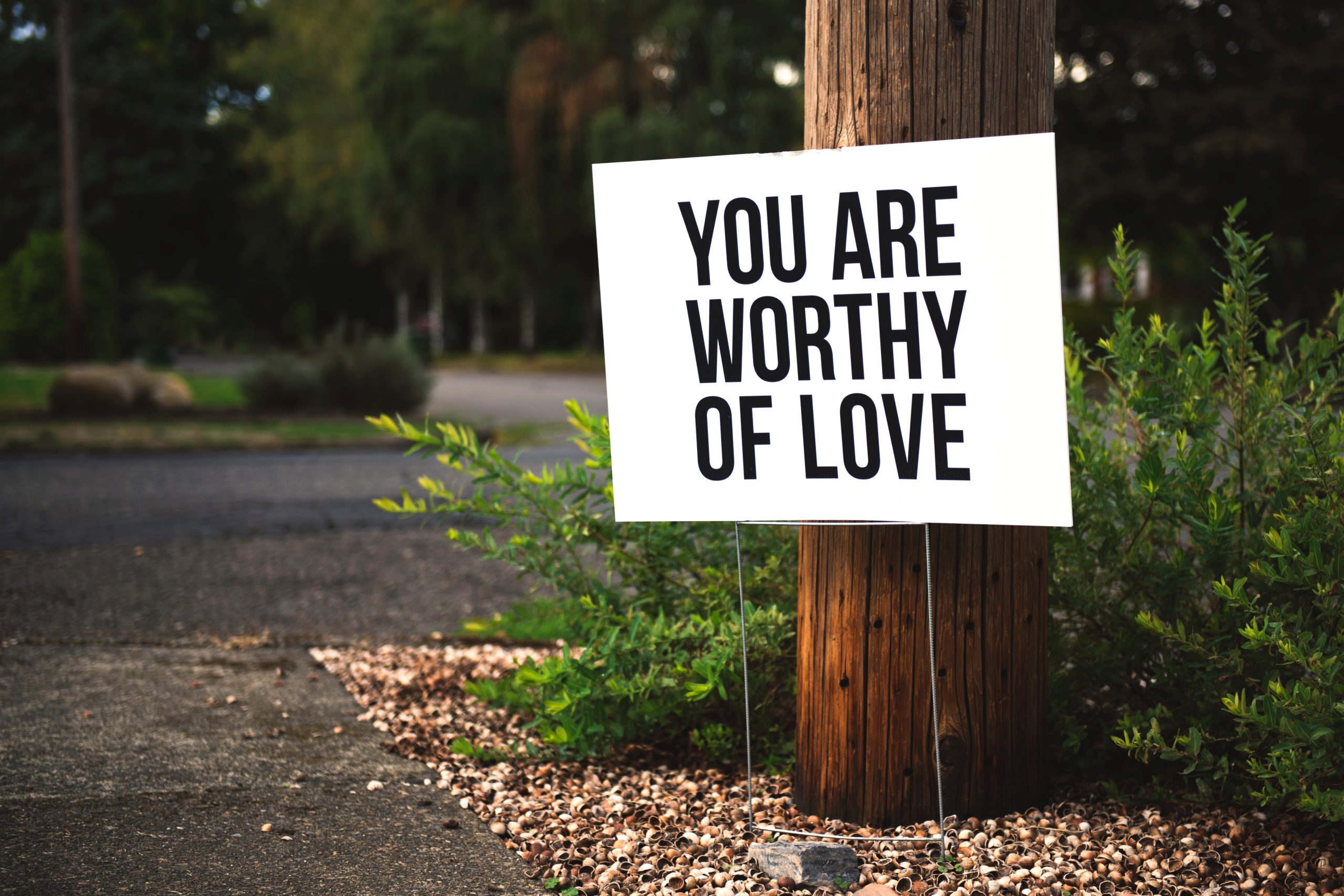
Depression on Valentine’s Day isn’t something that’s only experienced by those without a significant other to celebrate with. It can also be caused by unrealistic expectations, haunting memories, or just a general sense of anxiety and unhappiness that stems from an emotionally charged day. February 14th is a day that stands for the celebration of love, and while we may fantasize that love is the cure for loneliness, the reality is that love and loneliness go hand-in-hand. If you feel sad on Valentine’s Day, it’s important to know that you’re not alone.
When Loneliness Is Normal
Whether you’re single and longing for a relationship, you’ve experienced a breakup or the loss of your spouse, or you’re in an unhappy relationship, Valentine’s Day can feel like a cruel reminder of what’s missing. Loneliness can also result from feeling disconnected from your spouse, invisible to your partner, or ignored by your lover. And there is a certain loneliness that occurs when you feel disconnected from your own thoughts, feelings, and sense of self.
If you feel lonely, it does not mean that you’re doing something wrong or that there’s something wrong with you. Loneliness is not a contagious disease that we can ward off by never being alone. Instead, loneliness is a common human experience. Feeling lonely means you are capable of feeling love, but there comes a time when you have to say enough is enough.
How Are Loneliness and Depression Linked?
Loneliness, according to many experts, is not necessarily about being alone. Instead, it’s about feeling alone and isolated. Loneliness can cause people to feel empty, alone, and unwanted, even if they are not technically alone. Lonely people often crave human contact, but their state of mind makes it more difficult to form connections with other people.
If you think loneliness sounds similar to depression, you’re not wrong. Depression and loneliness are highly correlated. Loneliness, however, is a social pain. It stems from the lack of intimate relationships desired by a person. It is a motivational driver, such as hunger or sleepiness, that is linked to the basic human instinct of needing to belong.
Depression, on the other hand, is a more general feeling of sadness, hopelessness, or dejection. Unlike loneliness, it isn’t consistently triggered by a particular class of stimuli (such as a lack of social connection/belonging that is associated with loneliness). It is also not a motivational drive, signaling us that a need is not being fulfilled.
To sum it up, “Loneliness reflects how you feel about your relationships. Depression reflects how you feel, period.”
When Loneliness Could Be Depression
Social support plays a big role in depression. According to a study in the Journal of Clinical Nursing, individuals with poor social support have a higher probability of developing depression. If loneliness and depression are two distinct concepts, we can assume there are four possible states:
- Lonely and depressed
- Lonely but not depressed
- Depressed but not lonely
- Neither lonely nor depressed
The first scenario is the one most typically seen. It’s important to speak with a doctor or a psychiatrist for further evaluation, as symptoms are nuanced between loneliness, self-disgust, and depression. According to a 2018 study, Sheffield Hallam University’s Antonia Ypsilanti and colleagues believe that “self-disgust may represent an effective mechanism through which loneliness progresses to the development of depressive symptoms.”
If you are experiencing loneliness, isolation, or any of the classic warning signs of depression, bring this up to your primary care physician as soon as possible before symptoms progress and get worse.
How to Feel Better This Valentine's Day
- Focus on Self-Love – It’s tempting to look for someone who will make you feel better about yourself, but no one can do this for you in a lasting way. To love another, you must first love yourself.
- Volunteer – There’s a psychological benefit when it comes to helping others.
- Journal – A bullet journal also has psychological benefits associated with therapeutic healing. Get your thoughts out of your head (and your heart) and lay it out on the page.
- Make Plans – There are many Valentine’s Day events with something for everyone; from parties for couples or singles, to speed dating events and mixers, to comedy shows and romantic dinner specials, and even anti-Valentine events.
- Digital Detox – When you’re not on apps or social media, you don’t get FOMO (fear of missing out) and you’re less tempted to compare your life with the lives of others. You also tend to focus on creating more meaningful relationships offline, so unplug.
Valentine’s Day will come and go. It’s the feelings that may persist that are important. Valentine’s Day could be a trigger for major depression, or you may find that mild depression worsens during this time. If you’ve experienced any of the following warning signs of depression for over two consecutive weeks, it’s time to speak with your doctor about the treatment options available to you. To fast-track your treatment, speak to our patient care coordinators to find out if ketamine therapy is right for you.

